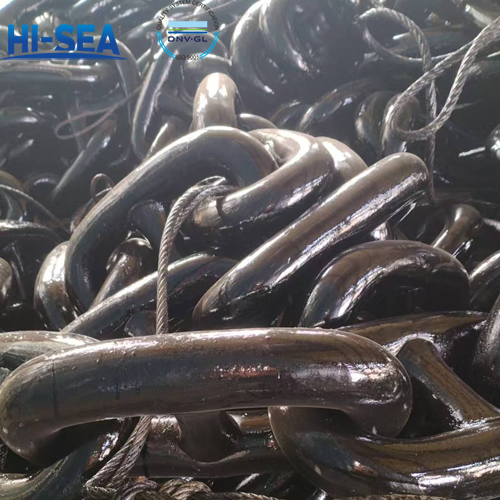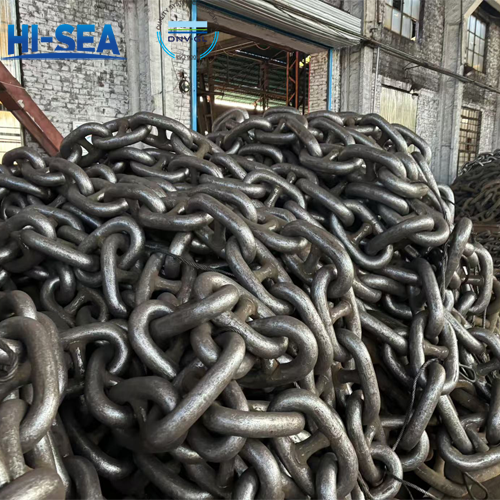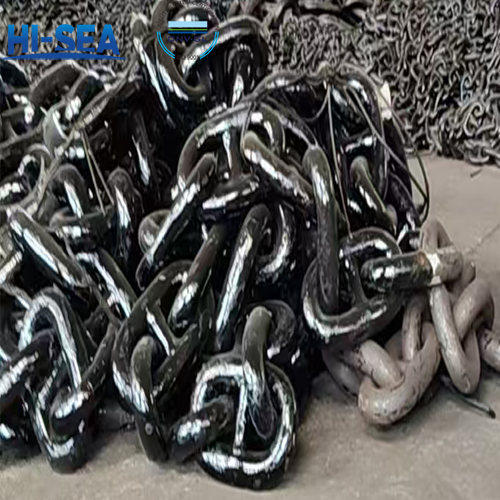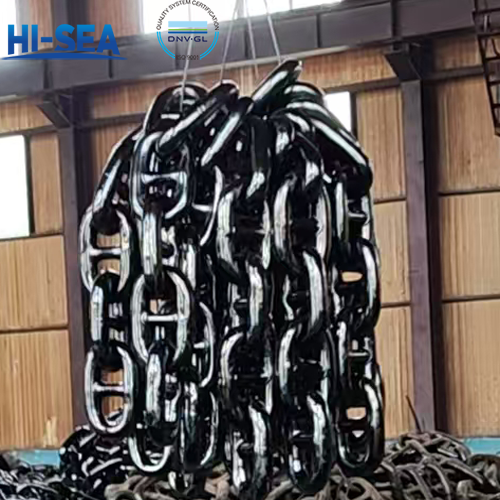
The Difference Between 45 Degree Fire Hydrant Valves and Right Angle Fire Hydrant Valves
The main differences between 45 degree fire hydrant valves and right angle fire hydrant valves lie in their orientation, installation requirements, visibility/accessibility, and potential impact on flow characteristics. The choice between the two types often depends on specific installation requirements, space constraints, and preferences of firefighting professionals or regulatory standards.
Overview
Orientation:
45 Degree Fire Hydrant Valves: These valves have an outlet at a 45-degree angle from the inlet. This angle allows for easier connection of hoses and provides better access for firefighters.
Right Angle Fire Hydrant Valves: These valves have a right-angle outlet from the inlet, typically at 90 degrees. This design is more compact and may be preferred in situations where space is limited or where a more direct flow path is desired.
Installation:
45 Degree Fire Hydrant Valves: Due to their angled outlet, these valves may require more space for installation, particularly if they need to be mounted flush against a wall or surface.
Right Angle Fire Hydrant Valves: These valves can be installed more closely to walls or structures due to their right-angle outlet, making them suitable for tight spaces or areas where clearance is limited.
Visibility and Accessibility:
45 Degree Fire Hydrant Valves: The angled outlet of these valves can make them more visible and accessible, especially in emergency situations where quick access is critical.
Right Angle Fire Hydrant Valves: While they may not be as visible as 45-degree valves, right-angle valves can still provide relatively easy access for firefighting operations.
Flow Characteristics:
45 Degree Fire Hydrant Valves: The angled outlet can affect the flow characteristics of these valves, potentially creating less resistance to flow compared to right-angle valves.
Right Angle Fire Hydrant Valves: The right-angle design may result in slightly higher resistance to flow compared to 45-degree valves, but the difference may be negligible in practical firefighting scenarios.





